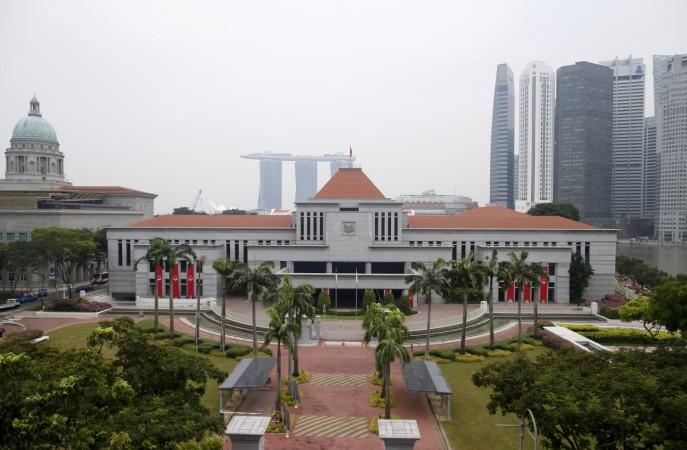
India will renegotiate its tax treaty with Singapore, Finance Minister Arun Jaitley has reportedly said. The decision follows a similar agreement the country signed with Mauritius that paves the way for phased removal of tax exemption on capital gains to investments routed through the African country.
"(Singapore) is a separate sovereign state, it (the Mauritius treaty) does not ipso facto automatically extend. The principles will have to be applied, but applied through a process of renegotiation," Jaitley was quoted by PTI as telling the Indian Women Press Corps event in New Delhi on Monday.
During the nine-month period ended December 2015, foreign direct investment (FDI) inflows from Singapore stood at $10.98 billion, more than the $6.1 billion routed through Mauritius, according to an Indian Express report.
Of the $29.4 billion FDI into India between April-December 2015, $17 billion came from Mauritius and Singapore, the PTI report said.
The amended double tax avoidance agreement (DTAA) with Mauritius was signed last week, plugging a loophole that was seen by Rakesh Jhunjhunwala, a prominent Indian stock market investor, as extending "son-in-law" treatment.
Jaitley said the agreement with Singapore signed earlier had an inbuilt provision for a possible revision.
"[The] Singapore [tax treaty] was entered into in 2005 and one of the covenants of Singapore was that provisions of what happens in Mauritius treaty would extend to it," Jaitley told the reporters at the event.
Mauritius-based entities will be subject to tax on short-term capital gains on investments made from April 1, 2017. For two financial years, they will be levied taxes at half the rate currently applicable to Indian investors.
From April 1, 2019, investments routed through Mauritius into India will attract the same capital gains taxes as Indian investments would do.
India had said that the DTAA with Mauritius would end round-tripping and revenue loss.








